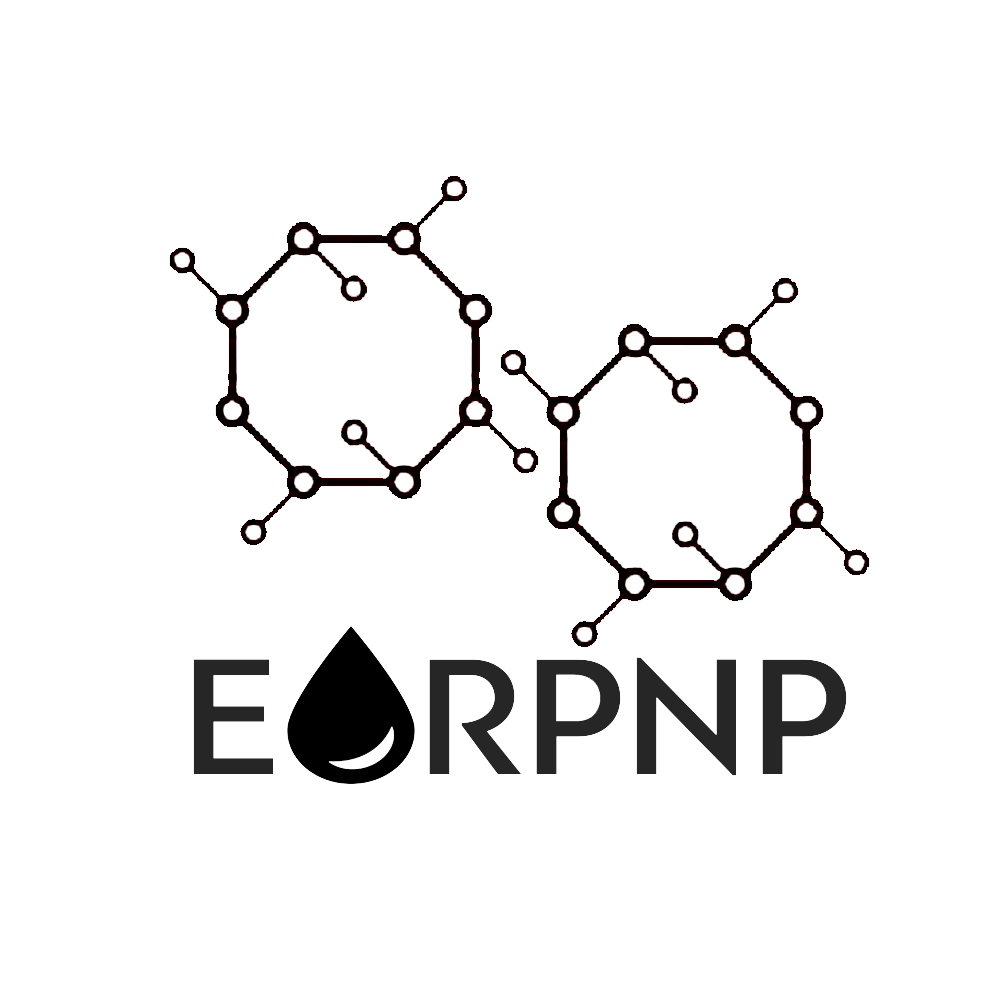The Workshop is organized within the framework of the Research Project: «Enhanced oil recovery by polymer-coated nanoparticles (EOR-PNP)»
The research project is supported by the Hellenic Foundation for Research and Innovation (H.F.R.I.) under the “1st Call for H.F.R.I. Research Projects to support Faculty members and Researchers and the procurement of high-cost research equipment”
Globally the overall oil recovery factors for primary and secondary recovery range from 35% to 45% and a tertiary recovery method that can enhance the recovery factor by 10-30% could contribute to energy supply. The use of nanoparticles in enhanced oil recovery (EOR) processes comprise an emerging and well-promising approach. While surfactants injection into geological sites has been a commonly practiced EOR method, the injection of aqueous nanoparticle suspensions is still at its early stages. In the most active period between mid-1970 and mid-1980, there was a significant gap between what was planned in the EOR laboratory and what was achieved in field application, since the reservoir characterization was elementary with no digital geological modeling capabilities, and there were no concepts such as monitoring systems or intelligent completions. Over the years, irrespective of the inclement times in upstream oil industry, fundamental sciences, EOR physics, numerical modeling, monitoring and controlling capabilities, and EOR chemicals all demonstrated advancements. EOR potential for conventional and unconventional reservoirs is still a challenge, and particularly the development of nanotechnology-based new chemicals for the application of more efficient and cost-effective EOR projects. The methodologies and scientific results of EOR-PNP could contribute not only to the development of cost-effective and high-performance EOR methods, but also on the generation of innovative knowledge that might be helpful in other applications, such as the remediation of soils and aquifers contaminated by hydrocarbons.
Monday, 12 December 2022
14:30-15:00: Registration
Workshop I.
15:00-15:20. Christos Tsakiroglou, Research Director, FORTH/ICE-HT, «EOR-PNP – Introduction – Perspectives»
15:20-15:50. Zacharoula Iatridi, Post-Doctoral Fellow, FORTH/ICE-HT & University of Patras, «Synthesis and characterization of polymer-coated nanoparticles»
15:50-16:10. Christina Ntente, Graduate Student, FORTH/ICE-HT & University of Patras, «Nano-colloid interfacial properties, and emulsion stabilization»
16:10-16:30. Anastasia Strekla, Graduate Student, FORTH/ICE-HT & University of Patras, «Visualization EOR studies on glass-etched pore networks»
16:30-17:00. Coffee break
17:00-18:30. Invited Speaker: Marios Ioannidis, Professor, Department of Chemical Engineering, University of Waterloo, Canada, «Nanoparticle interactions with interfaces in porous media: a multiscale perspective»
Tuesday, 13 December 2022
Workshop II.
10:00-10:30. Nadia Bali, Post-Doctoral Fellow, FORTH/ICE-HT, «Computational Fluid Dynamic models inside 3D digitally represented rocks and soils»
10:30-11:30. Invited Speaker: Jeff Gostick, Associate Professor, Department of Chemical Engineering, University of Waterloo, Canada, «Network Modeling and Quantitative Analysis of Volumetric Images: Introduction to OpenPNM and PoreSpy – Part I»
11:30-12:00. Coffee break
12:00-13:00. Invited Speaker: Jeff Gostick, Associate Professor, Department of Chemical Engineering, University of Waterloo, Canada, «Network Modeling and Quantitative Analysis of Volumetric Images: Introduction to OpenPNM and PoreSpy – Part II»
Location Information
FORTH / ICE-HT Conference Center
Stadiou 1 Str., Platani, GR-26504 Patras, Hellas
Patras, Greece

